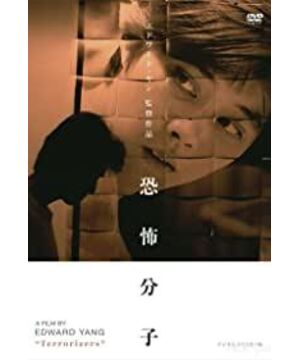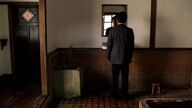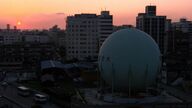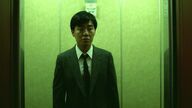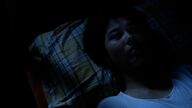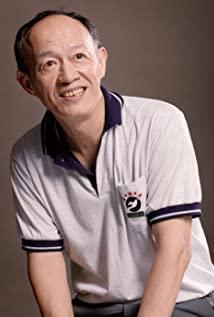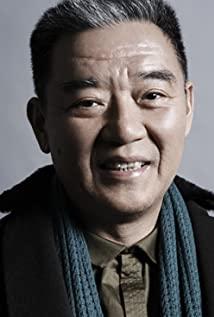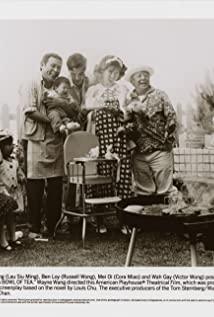Yang Dechang's glimpse into the alienation effect of modernity in Taiwan in the 1980s. Different from "Guling Street", "The Terrorist" and the later "Yiyi" do not have a very precise time and space background explanation, and are roughly based on the modern life in urban space as the background. Anti-hero themes, spatialization and collage, multi-line juxtaposition cross-narrative structure, and a large number of "anti-narrative" meta-narratives (the prank of Shu'an's suicide confession, Zhou Yufen's tearing up of the manuscript), which make "Terrorist" both Realistic Significance and Aesthetic Characteristics of Postmodern Narratives.
In the film, the social environment in which we live, which seems reasonable and stable, is actually like a huge womb that breeds terrorists. The medium of communication has turned into a medium of loneliness and isolation: in the process of self-communication, the subject presents a state of alienation that collapses toward the heart. Perception mutates in the social landscape, so that whether it is a phone call or a photograph, its representation replaces the real. Although it is not the main plot, the photographer Xiao Qiang uses this method to construct the image of Shu'an's pure and rebellious image, and to supplement the spirit of resistance that is lacking in his materially abundant life.
At the end of 1979, after the beautiful island incident, a reactionary force had begun to appear in the society where martial law was still going on. The doubts and swings about the authenticity of the official words also gave birth to a director with a high degree of self-examination like Yang, to shoot questioning narratives. Essential works.
View more about The Terrorizers reviews


